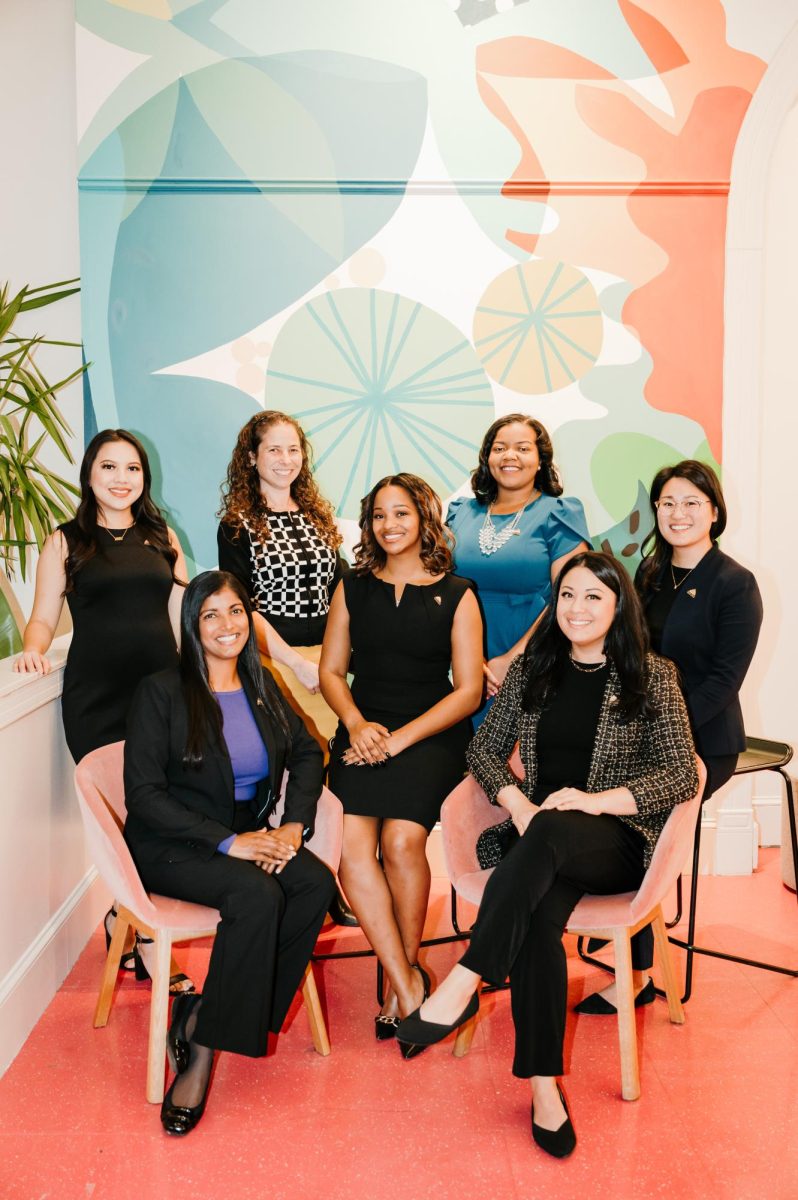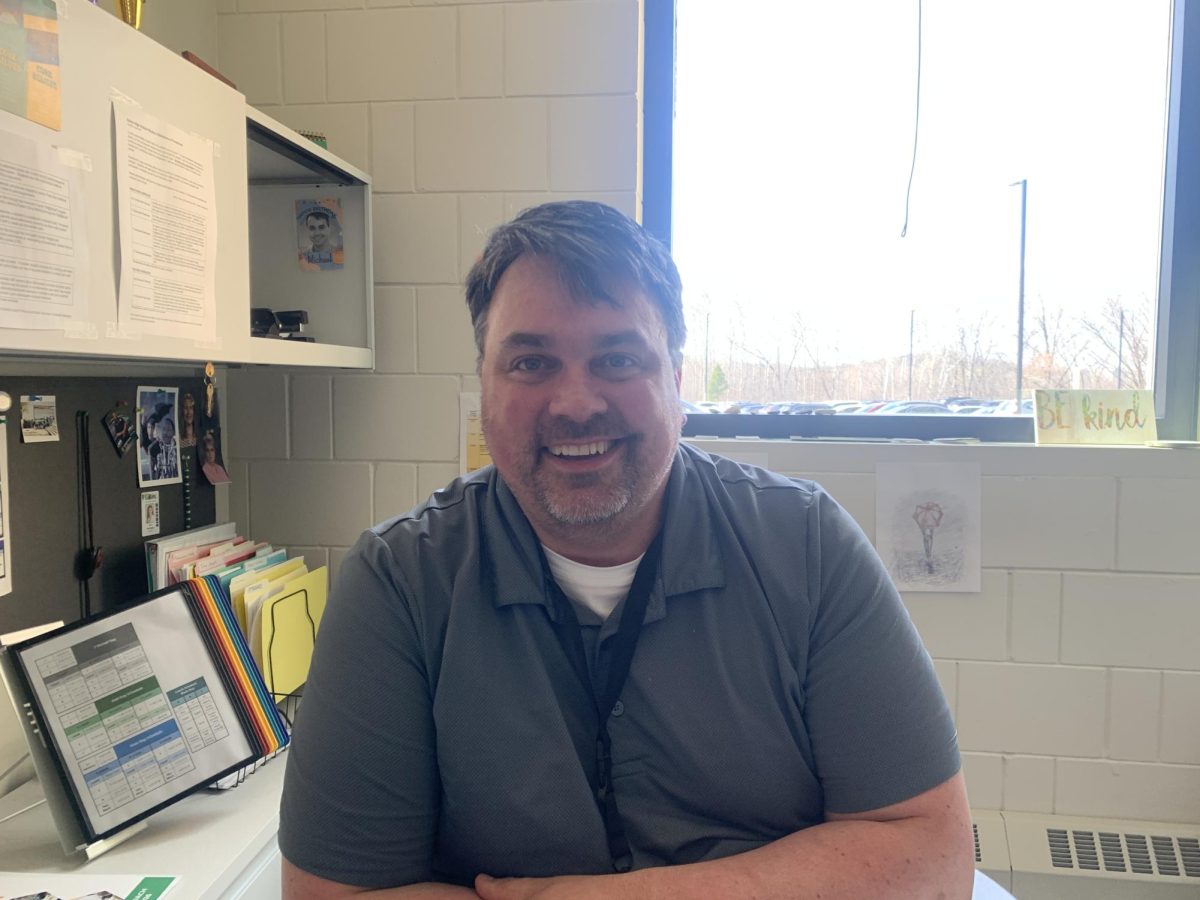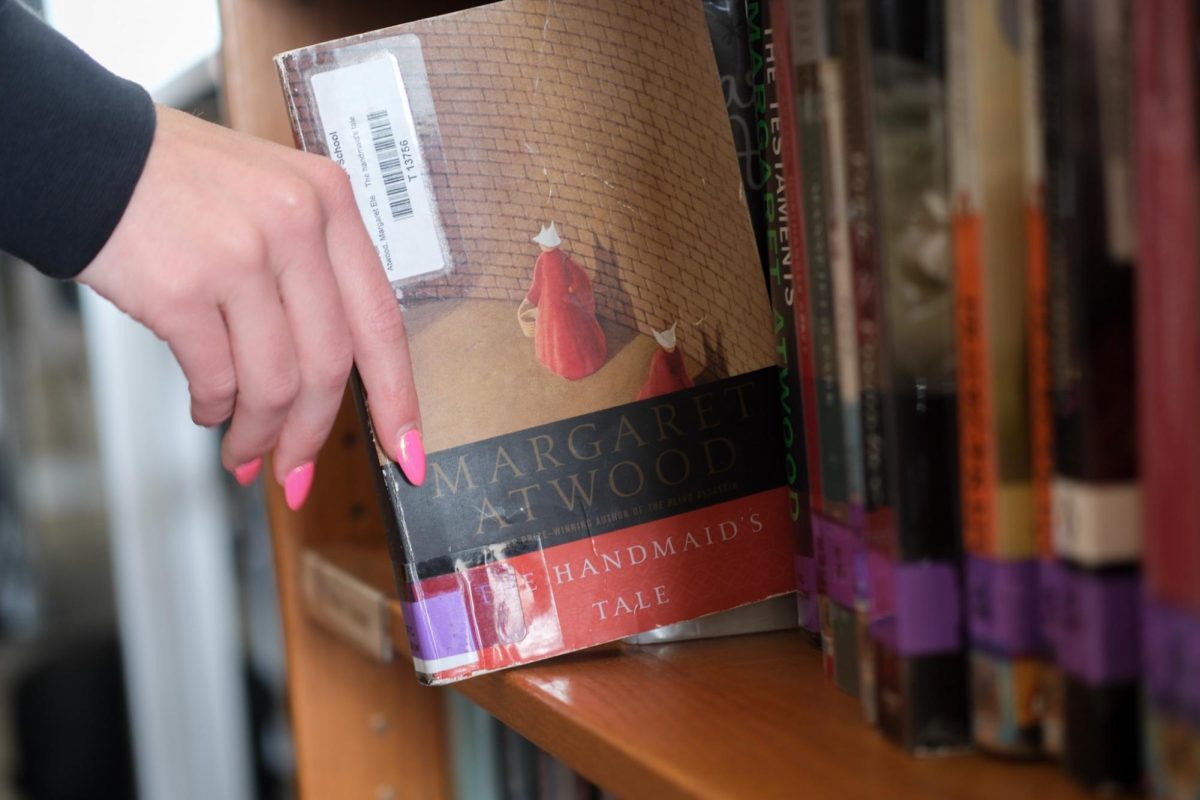On Nov. 7, St. Paul made history by electing an all-women city council—something that has never occurred in a major Minnesota city. All-women city councils are a rarity across the U.S. and the St. Paul City Council is especially unique because six of the seven Council members are also women of color.
The council members are Anika Bowie, Mitra Jalali, Cheniqua Johnson, Saura Jost, HwaJeong Kim, Rebecca Noecker, and Nelsie Yang. All seven are under 40 years old and progressive politicians.
For many, the City Council represents the growth in women’s representation in politics. Kelly Dittmar, director of research and scholar at Rutgers University’s Center for American Women and Politics believes women’s representation in government will continue to increase. “You’re seeing shifts in perceptions, both in the importance of having women in office, as well as women’s qualifications—things that historically have been more biased,” Dittmar said in an interview with The Guardian.
Lt. Gov. Peggy Flanagan also believes the council reflects the dedication of past female leaders in Minneapolis and their drive toward social change. The council evokes a sense of gratitude within her, as she believes its diversity is the ultimate result of reform efforts dating back centuries. “It is my daughter’s reality that a group of really smart and talented, dedicated women can get elected to lead their community,” Flanagan said in an interview with MPR News. “I am honored that I get to go home tonight and I get to tell Siobhan that in St. Paul, the City Council is led by all women and I hope she thinks ‘Well why wouldn’t it be?’” she said.
Council member Mirta Jalali, the first Iranian American to hold office in Minnesota, hopes St. Paul will set an example to increase the diversity of government bodies nationwide. “St. Paul voters are showing the world what’s possible on city councils, county boards, and local and state government everywhere,” she said. “This shouldn’t be an exceptional story, but a quiet normal that communities everywhere get to experience.”
The first Council meeting occurred on Jan. 5, with the top priorities including housing policies and renter protection, climate action, public safety interventions, and economic development. “It’s going to be a wonderful opportunity to see what diversity produces in terms of public policy, what things will change, because you have different people sitting at the table who traditionally haven’t had those roles,” Heidi Heitkamp, director of the Institute of Politics at the University of Chicago and a former U.S. senator from North Dakota said in an interview with AP News.
This piece was originally published in Zephyrus’ print edition on February 21, 2024.






